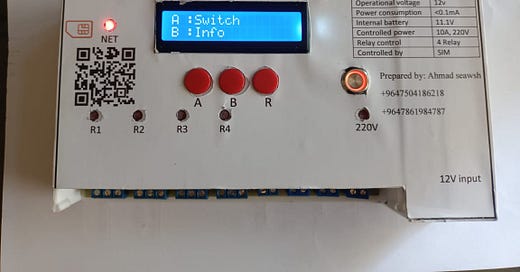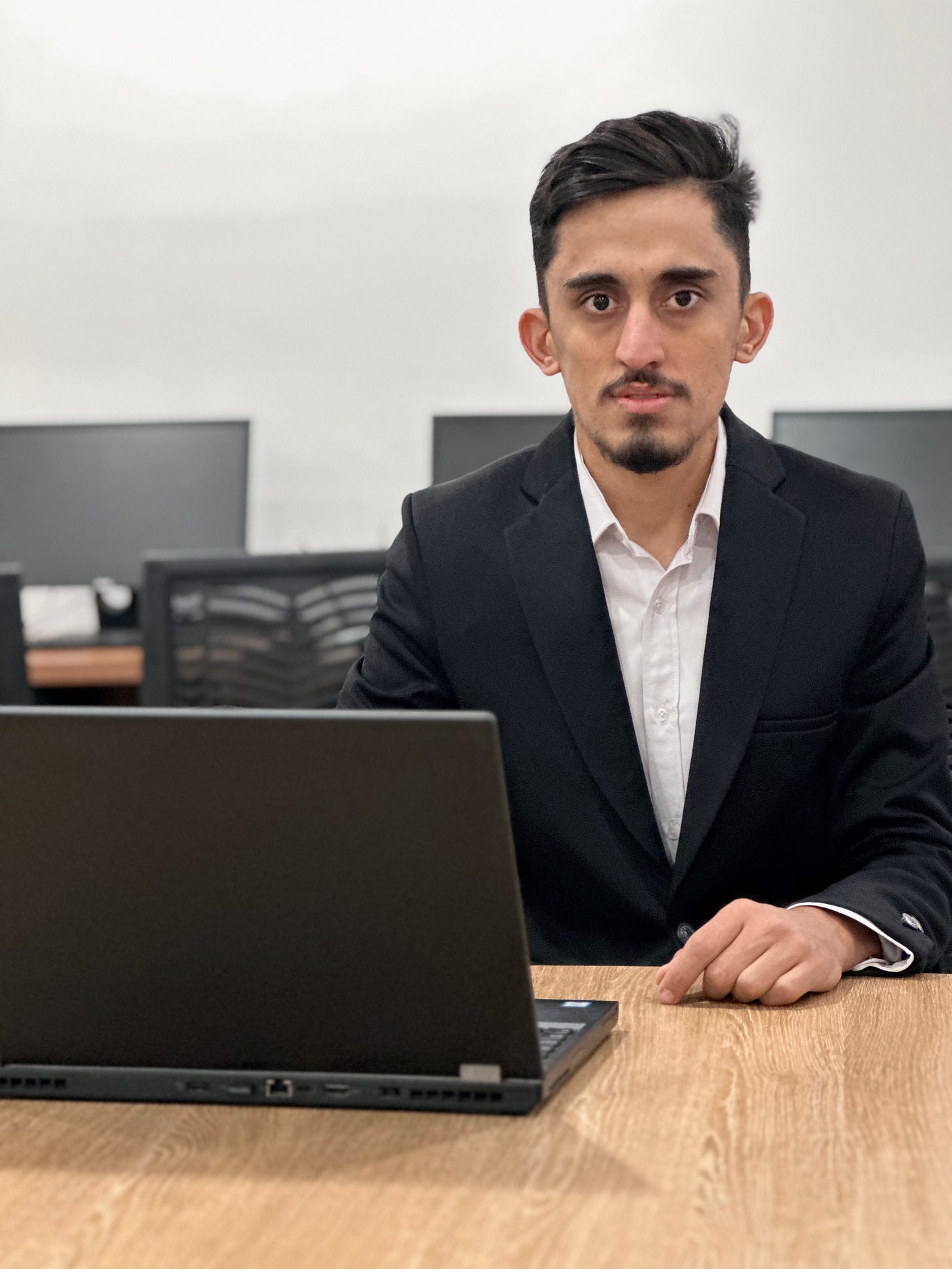Alexa For Farmers
Smart Switch has the potential to transform the lives of farmers in Kurdistan, giving them remote control over their farms from any location
The hardships for farmers in the Kurdistan Region of Iraq are particularly acute. Severely hot summers, water shortages, and electricity outages make it difficult to monitor crops, which are left vulnerable to disease by fluctuating conditions. Working as an electrician, Ahmad Hassan saw how these challenges affect the lives of farmers in the region and undermine the success of their yields.
A biology graduate, he had always nurtured a passion for electronics, spending his evenings tinkering with devices. After completing his studies, he took a series of electronics courses and turned his hobby into a career, focusing on the farming sector, where he fixed electricity boards, power breakers, and other devices, primarily on small family farms.
Working closely with farmers, he realized they all had an issue in common. “Farmers in Kurdistan waste a lot of time traveling to and from the farms simply to check whether the electricity is functioning. It’s a big issue for a lot of farms because they need regular updates on the water and electricity status,” he says.
He spent the next two years developing Smito, a smart device that uses advanced sensors to notify farmers of changes in environmental conditions and allows them to adjust the water and electricity supplies remotely. The first version was able to send real-time voice alerts. The second version provided a further set of functionalities, allowing farmers to control power generators and water pumps remotely, with notifications available in Kurdish, English, or Arabic to alert them when the power comes back on.
He has spent recent months fine-tuning this feature and gathering feedback from farmers pilot testing his device. Most of the farms are located outside the cities, where internet coverage is low or non-existent, so the device is fitted with a sim card that uses the telecommunication network to bypass this problem.
“Farmers tell me the device works well, and I believe it has the potential to help a lot of people in rural areas,” says Hassan. “This is what technology should be used for—to make life easier for people.”
His project caught the eye of the judging panel at The Hawler International Technology Exhibition (HITEX) in September 2024. He was one of eight winners selected from over 1,000 applications in the competition run by the Ideas Beyond Borders Innovation Hub in collaboration with the Rwanga Foundation’s Invest in My Idea Program.
The competition identified innovative entrepreneurs effecting meaningful change in their communities as part of IBB’s broader mission to strengthen the business and entrepreneurship ecosystem in the Kurdistan Region of Iraq. It forms part of IBB’s Kurdistan is Open for Business Project, which is building a coalition of stakeholders to review business laws and advocate for reforms that will modernize the environment for startups and SMEs.
“We have already seen improvements to facilitate registration for new businesses in the Kurdistan Region of Iraq and are working to further streamline the process,” says Faisal Al Mutar, President of Ideas Beyond Borders. “Our aim is to support aspiring entrepreneurs like Ahmad Hassan with the capacity to effect real change and remove some of the hurdles that stand between them and achieving their goals.”
Advance orders are coming in quickly as words spreads in the Kurdish farming community about Smito. Hassan has set a deadline to finalize the motherboard so that the device is ready for market by early 2025. He still faces a number of challenges, in particular, the lack of available components in Kurdistan and the cost of shipping them.
With the Innovation Hub award, he now has the funding he needs to complete these final steps. At HITEX, he also met other people working in the same sector and discovered that there were specialized companies that could source components and print the motherboard, allowing him to accelerate the completion of the product and begin work on the next version.
“I want to add internet for those farms with access and put all the services on an app,” he says. The new version will include a camera and target larger-scale industrial facilities that require constant oversight, offering farmers full oversight of their farms when off-site. “I believe this product will have a positive impact on the farming community, alerting them to potential problems and saving them valuable time and resources,” he adds.
This article was written by Olivia Cuthbert.





